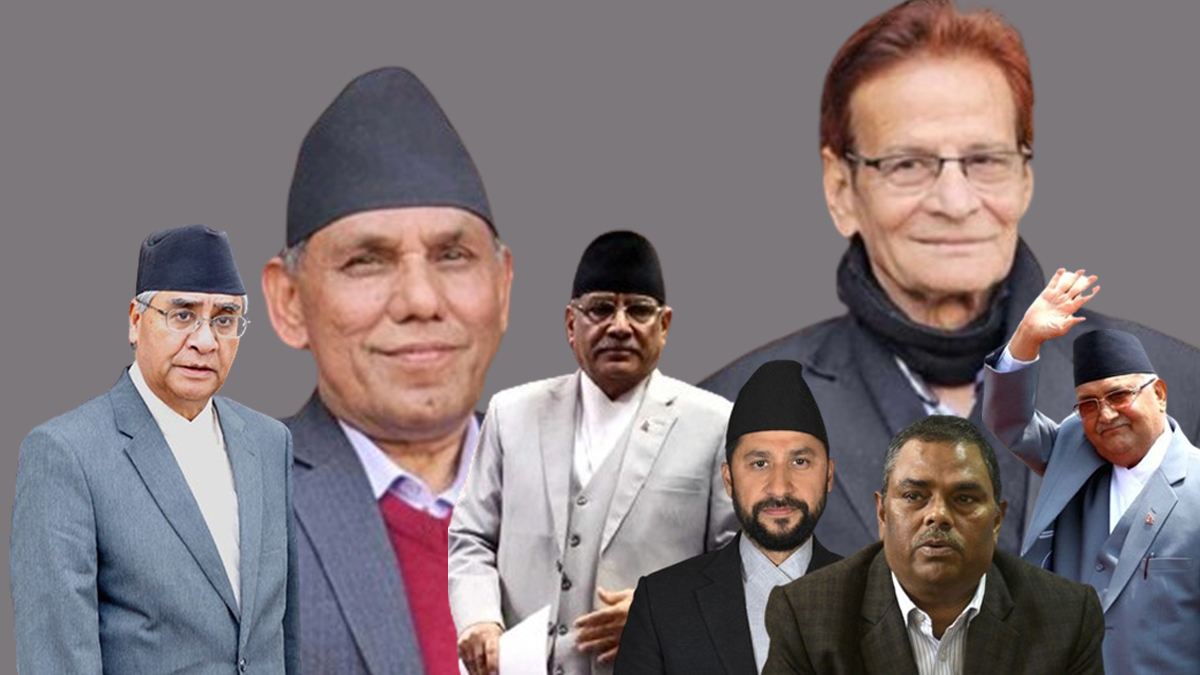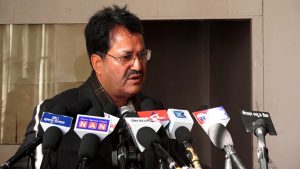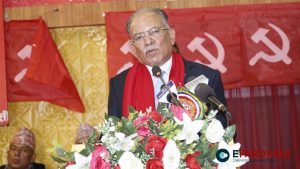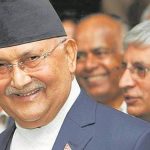
NA Chairperson Election: Can the Opposition Overcome Ruling Alliance Dominance?

In the high-stakes election for the National Assembly (NA) chairperson, all eyes are on whether the opposition can sway the balance of power against the formidable ruling alliance. With the four-party ruling coalition enjoying a commanding two-thirds majority in the NA, the challenge for the opposition seems daunting.
The ruling alliance, comprising the CPN (Maoist Center), CPN-UML, CPN (Unified Socialist), and Janata Samajbadi Party, boasts a combined total of 39 members in the upper house, including the vice-chairperson. This overwhelming dominance presents a significant obstacle for any opposition maneuvering.
On the other side of the aisle, the main opposition Nepali Congress (NC) holds 16 seats in the NA, with additional support from Loktantrik Samajbadi Party (LSP) and Rastriya Jana Morcha (RJM), each having one member. Additionally, Bamdev Gautam, nominated by the President, adds to the opposition’s numbers. However, with one seat yet to be filled, the opposition’s path to parity remains challenging.
The Federal Parliament Secretariat is set to conduct the crucial election for the NA chairperson, scheduled for Wednesday. Narayan Dahal, nominated by the Maoist Center, stands as the candidate for the ruling coalition, while the NC has put forward Yuvaraj Sharma as its contender. Notably, LSP has pledged its support to the NC candidate, potentially bolstering the opposition’s chances.
The National Assembly, with its composition of eight members elected from each of the seven provinces and three members nominated by the President, embodies a diverse array of interests. Yet, with the ruling alliance holding a significant sway, the election outcome hangs in the balance, poised to shape the political landscape in Nepal.












Comments